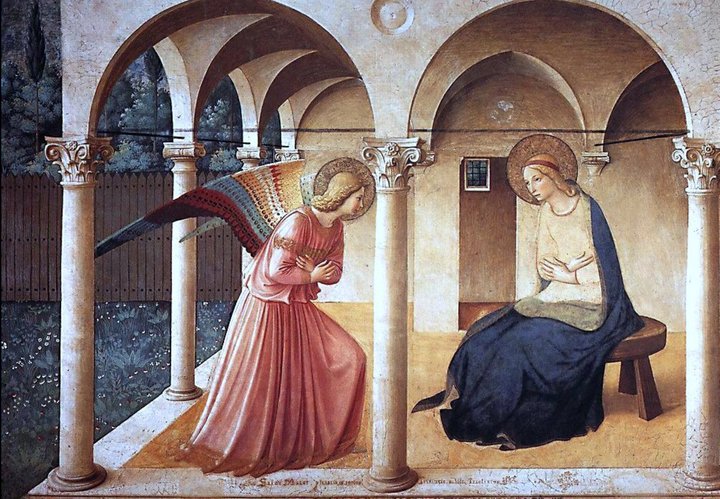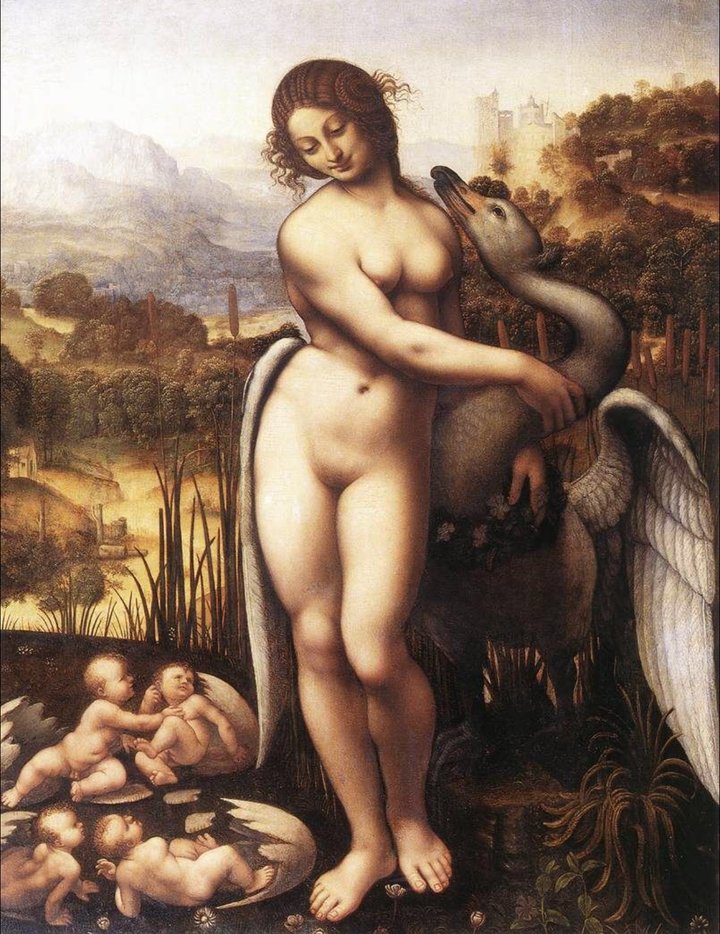Several decades ago, when the world was young, I was interviewing a professor of biology who taught at a Washington State university. “What do you think about the idea that plants have feelings?” I asked. I’d been reading The Secret Life of Plants (Peter Tompkins), which chronicled the, um, unconventional ideas of Cleve Backster, CIA analyst and paranormal cognoscente. Plants, he claimed, feel pain and have ESP. The prof gave me a scornful look. “If you think that stuff’s real, you can probably believe in virgin birth!”
I don’t remember thinking of woo-woo in those terms before. I’d considered religious miracles — walking on water, healing the sick, raising the dead — as in a separate class from New Age fads and astrological malarkey. Christian miracles, that is. They got a free pass, 200-year old Hindu fakirs, flying Tibetan lamas and shaman prophets were up there with UFOs and Bigfoot. That is, extraordinary claims lacking the necessary extraordinary evidence.
But I guess that’s the power of an Anglican childhood: you don’t worry whether Biblical miracles were true or not. When you heard about virgin birth, or rather, the Virgin Birth, you didn’t say, “What a load of bollocks! And what a schnook was that Joseph!” You just went along with the program.

“Um, this is rather awkward, but we think there’s something you should know…” (The Annunciation, Fra Angelico, c. 1440. Creative Commons)
To be fair, the Bible — rather the New Testament — doesn’t consistently claim that Jesus was “born of a virgin.” Luke and Matthew do, but the earliest (and so, perhaps, the most trustworthy) writings about Jesus — Paul’s epistles and the Gospel of Mark — don’t mention it. Neither does John. Which, when you think about it, is a bit suspicious. If Jesus’ defining trait was his divinity, wouldn’t the fact of him being a god-human hybrid be the first, most important thing you’d want the world to know? But hey, it’s a good story, one that most of us believe. A 2013 Pew poll found 73% of Americans believe Jesus was born of a virgin, with 19% disbelievers and 7 don’t-knows. Unsurprisingly, 97% of white evangelical Protestants are believers.
And it’s certainly a story with solid antecedents: Greek myths are full of tales of gods impregnating humans. Best known is probably that of Helen of Troy, offspring of Zeus and Leda, Queen of Sparta. That presumably accounted for her good looks, “the face that launched a thousand ships.” And there’s Achilles, another Trojan War protagonist, son of Greek hero Peleus and Thetis, a Nereid (goddess of water). Google “demigod” — offspring of a human and a god — to see how belief in such beings was common in such disparate cultures as Egypt, India and China.

Leda and the Swan by Cesare da Sesto, c. 1510, after a lost work by Leonardo da Vinci. Zeus took the form of a swan to seduce Leda, Queen of Sparta. Helen (of Troy) and her twin sister Clytemestra are emerging from one egg, Castor and Pollux from another.
So were a couple of anonymous gospel writers merely following the lead of countless storytellers before them, elevating the status of Jesus by making him semi-divine? Or did God really knock up Mary?
And do plants talk?
CLICK TO MANAGE